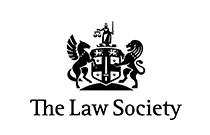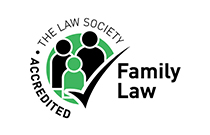Child Law Solicitors In Southend-on-Sea, Essex
Disputes In Relation To Children
When a relationship breaks down and where there are children, there are a number of matters to consider with regards to the children, their welfare and wellbeing including how to manage the children’s relationship with the non-resident parent.
It is in the best interests of the children if the parties can agree on the arrangements for the children. Children will then see their parents are able to be amicable after the relationship breakdown. If the parties cannot agree on the arrangements for the children, then they should consider attending a mediation session to try to reach an agreement. If the parties are unable to reach agreement, then they can apply to the court for an order but the parties or one of them will need to have attended a Mediation Information and Assessment Meeting (MIAM) first before commencing court proceedings.
Orders the court can make are as follows:
Child Arrangements Orders (formerly residence and contact)
These are orders’ the court can make to determine with whom the child/children should live and provisions for the other parent to spend time with the child/children. Child Arrangements Orders are not just limited to parents and in certain circumstances non-parents such as grand- parents or step parents can be granted these orders.
Specific issue orders and prohibited steps orders:
Specific issue orders are those made where the parties dispute certain issues about a child’s life such as their schooling or religious orientation and health matters. The parties can make an application to court for the court to decide those issues. Prohibited steps orders prohibit a party from taking certain steps in relation to a child, the most common step being the removal of the child from the country. The court can also prohibit a party from re-locating with a child to a different part of the country in certain circumstances.
Parental Responsibility- what is this and what does it mean?
All mothers and most fathers have rights and responsibilities for their children as a parent. This involves the right to make or be included in the making of decisions concerning the child/children or their property. This is called parental responsibility. All mothers have automatic parental responsibility and so does a father who is named on the child’s birth certificate. A father who is not named on the birth certificate may apply to the court for a parental responsibility order.


